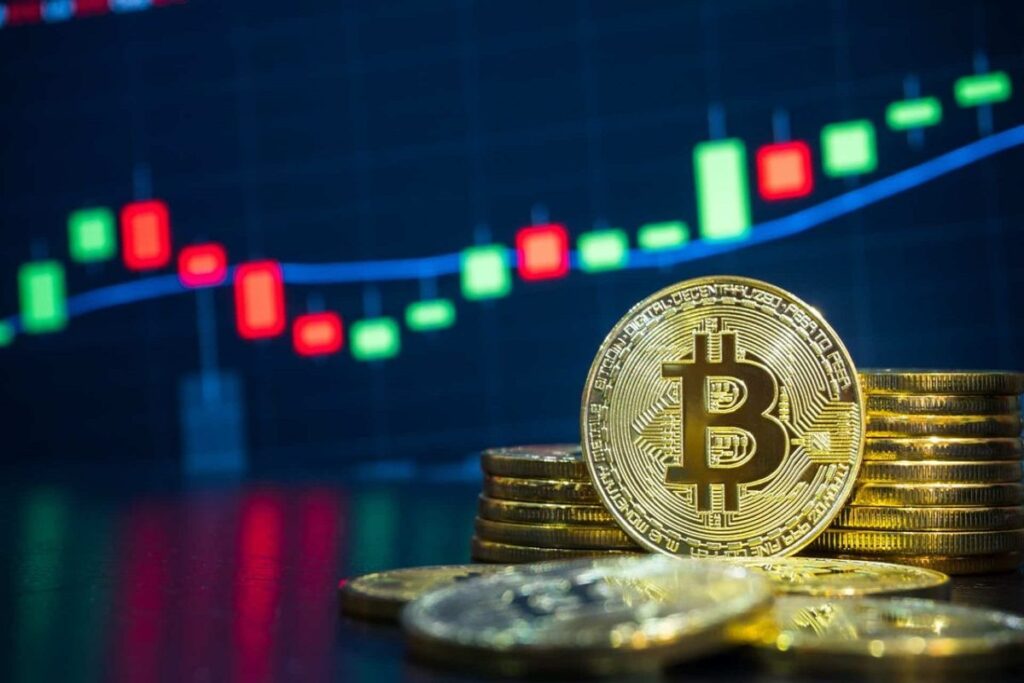QuadrigaCX, the defunct crypto exchange attributed to five Bitcoin wallets. The exchange has moved funds for the first time since bankruptcy.
The blockchain sleuth ZachXBT noted the movement of 104 BTC worth 1.75 million USD was transferred on 17 December. ZachXBT saw that 69 BTC, which is worth 1.16 million USD was transmitted from two of the addresses to the crypto mixing service Wasabi. It is typically used to obscure the transactional history of specific Bitcoins.
In 2019, after the bankruptcy of QuadrangaCX, the company EY, was appointed by the court to look after the case. It stated that the company had moved 469,000 USD (103 BTC) worth of Bitcoin at that time. The coins were moved to cold wallets which were inaccessible by the company. These active wallets are the same that were linked back then.
Also read: Bitcoin (BTC) Price Hits A New Monthly Low, Further 20% Decline Possible
Who moved the Bitcoins?
A member of the QuadrigaCX creditor committee, Magdalena Gronowska, while talking to CoinDesk claimed that the EY has no hand in moving the coins. Thus, the motive for moving these Bitcoins is still unclear. The EY is trying to recover these cryptos.
Once a leading crypto exchange in Canada, QuadrigaCX filed for bankruptcy in 2019. This happened three months after the strange death of its founder Gerald Cotten. Cotten was on a tour in India when he died, as said, because of an autoimmune health complication. Later, his widow claimed that she has no access to his business records or passwords. Back then, she told Bloomberg, that he always kept the keys to himself.
Customers also claimed that he had faked his own death to keep the investors’ money. Thousands of customers could never get back the money invested in the firm.
His death is still a mystery and earlier this year, Netflix came up with a series around him.
The presented content may include the personal opinion of the author and is subject to market condition. Do your market research before investing in cryptocurrencies. The author or the publication does not hold any responsibility for your personal financial loss.

